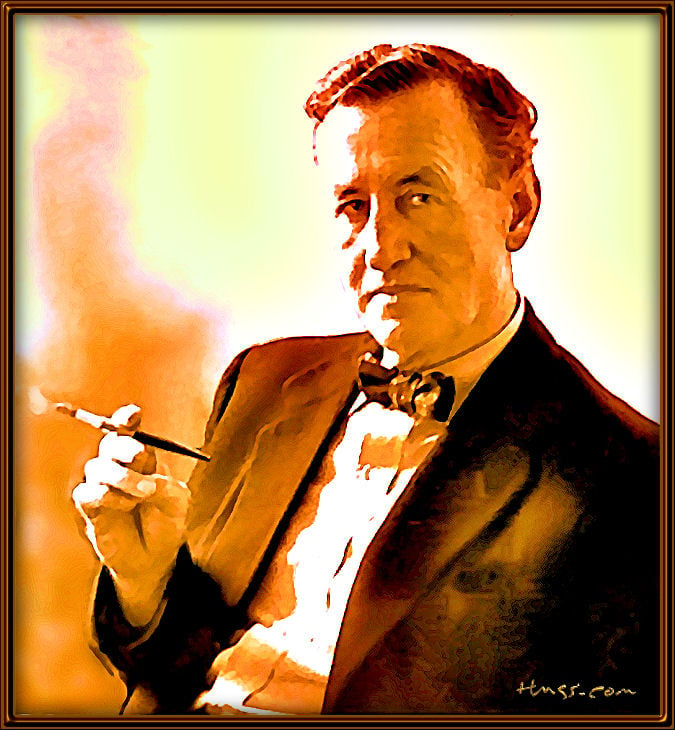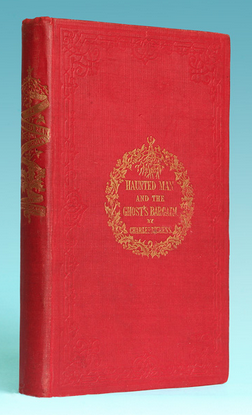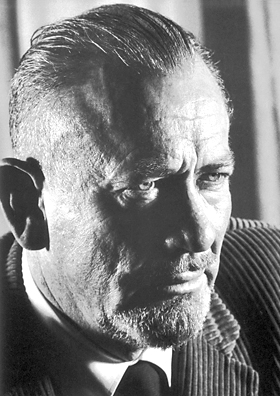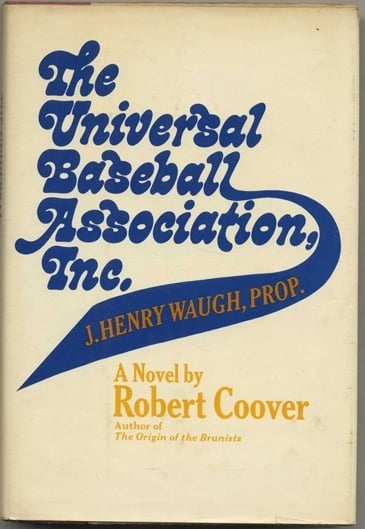A banned book always carries with it a certain social cache. Perhaps it’s simply that people want what they can’t have, or that censored works are coveted precisely for their perceived power to affect change. But the fact remains that once a book joins the banned book list, including such revolutionary political and aesthetic statements as Harriet Beecher Stowe’s Uncle Tom's Cabin (1852) and Joseph Heller's Catch-22 (1961), the work becomes difficult to ignore.
us toll free: 1-800-948-5563 international: +1 (843) 849-0283 UK: +44 (0) 1334 260018












